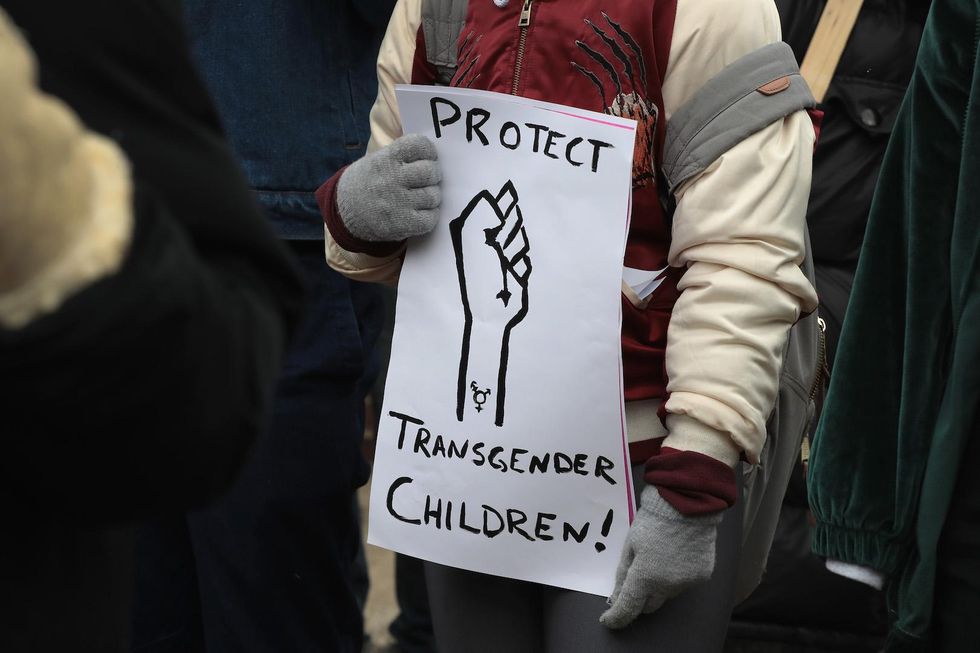An Ohio couple lost legal custody of their daughter Friday after refusing to allow her to undergo hormone replacement therapy in order to transition to a male.
Hamilton County Judge Sylvia Sieve Hendon awarded legal custody to the 17-year-old teen’s maternal grandparents, who support the hormone treatment. The judge also called on legislators to enact laws giving transgender minors more legal rights in these situations.
“The Legislature should consider a set of standards by which the Court is able to judge and act upon that minor’s request based upon the child’s maturity,” Hendon wrote in the decision. “That type of legislation would give a voice and a pathway to youth similarly situated as JNS (the teen) without attributing fault to the parents and involving them in protracted litigation which can and does destroy the family unit.”
The case began in February 2017 after the teen moved in with her maternal grandparents after being hospitalized for anxiety and depression, and subsequently diagnosed with gender dysphoria. The teen reported mistreatment by her parents that was causing her to feel suicidal.
What is the reason for the ruling?
The judge wrote in her decision that the court only intrudes on the treatment of the child in life-or-death circumstances. This complaint was based heavily on the teen’s expressed potential for self-harm or suicide, although medical records submitted at the time of the complaint clearly state that the she was not at risk for suicide. Therefore, the judge chose not to consider that in the ruling.
“It is a sad commentary that the Juvenile Court system deals with the suicidal ideation of troubled adolescents on a regular basis but cannot let that threat govern the outcome or disposition of a case before it,” she wrote.
Instead, the decision was based on what the court determined to be “in the best interests of this child for the few remaining months of minority.”
The primary factors included:
- Although they wished to maintain legal custody, the parents agreed that the child should continue to live with the maternal grandparents and stay at the same school she had been attending
- The child wished to stay with the maternal grandparents
- The grandparents are suitable caregivers
Did the parents actually do anything wrong?
The judge expressed some empathy toward the parents despite taking legal custody of their child away from them.
Here’s what she wrote about the parents:
“In this case, it is understandable that the parents were legitimately surprised and confused when the child’s anxiety and depression symptoms became the basis for the diagnosis of gender dysphoria. The child had lived until summer of 2016 consistent with the assigned gender at birth. The parents sought appropriate mental health treatment when their child’s generalized anxiety and depression reached the point that hospitalization became necessary. The parents acknowledged that the child expressed suicidal intent if forced to return to their home.”
Despite all that, the parents lost custody because they did not cater to “the reality of the fact that the child truly may be gender non-conforming and has a legitimate right to pursue life with a different gender identity than the one assigned at birth.”
What now?
The grandparents now have legal custody, and the teen will be on their health insurance. Before she can undergo hormone therapy, an independent psychologist must evaluate her gender presentation and feelings of gender non-conformity.
The parents have “reasonable visitation” and are “encouraged to work toward a reintegration of the child into the extended family.”
(H/T WCPO9 Cincinnati)




